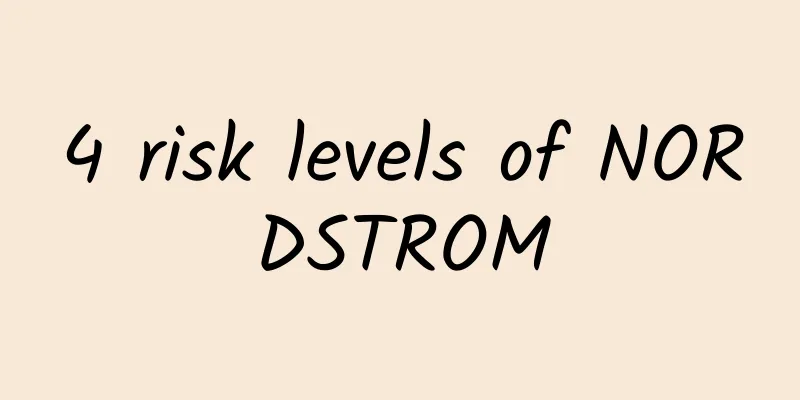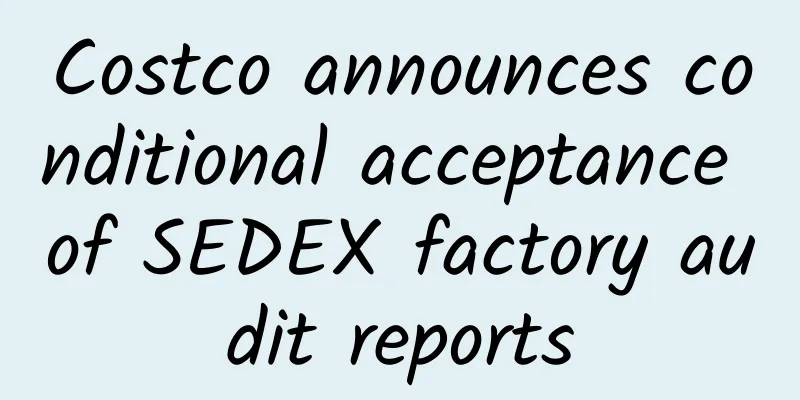What impact does GOTS certification have on the development of textile companies?

|
GOTS certification is a strict voluntary global standard for all post-harvest processing stages (including spinning, knitting, weaving, dyeing and manufacturing) of clothing and home textiles made from organic fibers (such as organic cotton and organic wool), and includes environmental and social standards. Key provisions of the standard include prohibitions on genetically modified organisms (GMOs), highly hazardous chemicals (such as nitrogen-containing dyes and formaldehyde), and child labor, while requiring a strong social compliance management system and strict wastewater treatment practices. GOTS certification enables consumers to buy organically certified goods from raw materials to end products. As a tool for managing and supervising sustainable production around the world, GOTS has greatly strengthened its global recognition. The seven GOTS representatives around the world (China, Japan, EU, Germany/Austria/Switzerland, India/Bangladesh, UK, US/Canada) are committed to promoting everyone's understanding of GOTS certification. In addition to the requirements for textiles themselves, GOTS has also extended its requirements to the social level. Whether workers' labor safety, wage levels, working hours, and normal welfare benefits can be guaranteed are all issues that GOTS is concerned about. It is worth noting that the GOTS standard will increase the competitiveness of enterprises by helping them improve their level of sustainable development. Shi Yi said that GOTS will enhance the competitiveness of enterprises in four aspects: First, avoid potential risks and use standards as a risk management tool. Because GOTS is a standard for the entire industry chain, it has standard supervision for each link in the textile industry. Enterprises only need to check a certificate from an upstream enterprise to obtain products that have been certified by the standard, and this standard is specific and verifiable. Second, it can enhance the image and credibility of the company. Products certified by the GOTS standard have a better reputation among consumers. Data shows that consumers are willing to pay a 20% premium for organic products. The third is to improve productivity and efficiency. As mentioned above, the GOTS standard, as a tool for establishing and managing supply chains, has a one-stop feature and can greatly improve the cost of supply chain management for enterprises. Fourth, it helps enterprises to open up a wider market. In some high-end markets, products certified by GOTS standards are more popular. GOTS can serve as a stepping stone for Chinese enterprises to open up the European and American markets. Do you have any questions about GOTS certification? Welcome to consult SuperNet customer service, we will give you professional answers and suggestions! |
<<: Organic Content Standard Certification OCS Factory Inspection Focus
>>: The FSC certification system is widely used in the international market
Recommend
A Complete Collection of Free Tools for eBay Sellers
If you are selling on eBay, you can use some soft...
Do you know the global standards for the use of recycled plastics?
As countries around the world have successively c...
Primark-Quality About Liqi-Metal Management and Metal Detection Policy
Metal Management and Metal Detection Policy Defin...
AVE factory inspection procurement detailed guidelines - AVE factory inspection consultation special
AVE Declaration Concerning A Code of Conduct for ...
SVCOC Sustainable Viscose Certification Trading Certificate Content Standard
Sustainable viscose fiber can be compounded with ...
What are the requirements for wastewater/sewage treatment under GRS certification?
Wastewater/sewage treatment is also a top priorit...
What is Kankan.com? What content does Kankan.com have?
Kankan.com is a one-stop new media platform for t...
New textile standards to be implemented on August 1, stricter control of harmful substances
The new version of the "National Basic Safet...
What is LiveJournal? What are the product features of LiveJournal?
LiveJournal is a comprehensive SNS dating website...
What is Banggood? How is Banggood's business development?
What is Banggu? Banggood Technology Co., Ltd. (Ba...
SA8000 System Certification Crisis Countermeasures
Countermeasure 1: Win the market by product quali...
Plume Design—Smart Home Services Company
What is PlumeDesign? Plume Design is a smart home...
Some tips on Walmart ES factory inspection
Some tips on Walmart ES factory inspection concep...
What is CloudMail? What are the functions of CloudMail?
What is CloudMail? Yunyou is the second-generatio...
Glossie—Internet beauty brand
Glossier is an Internet beauty brand with 22 prod...









